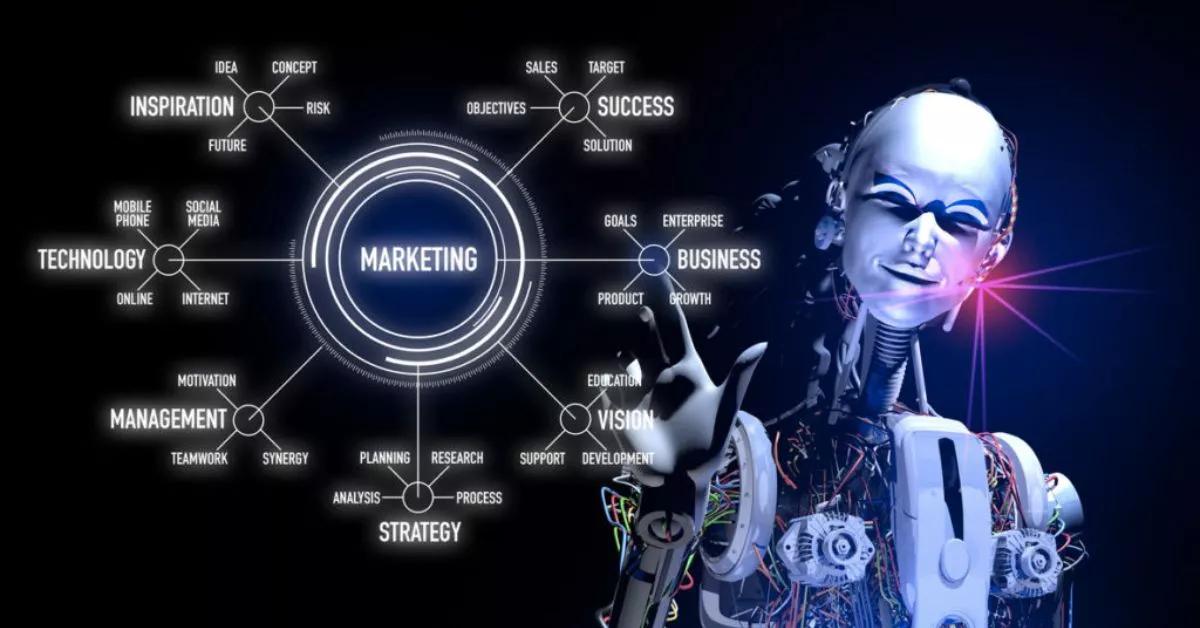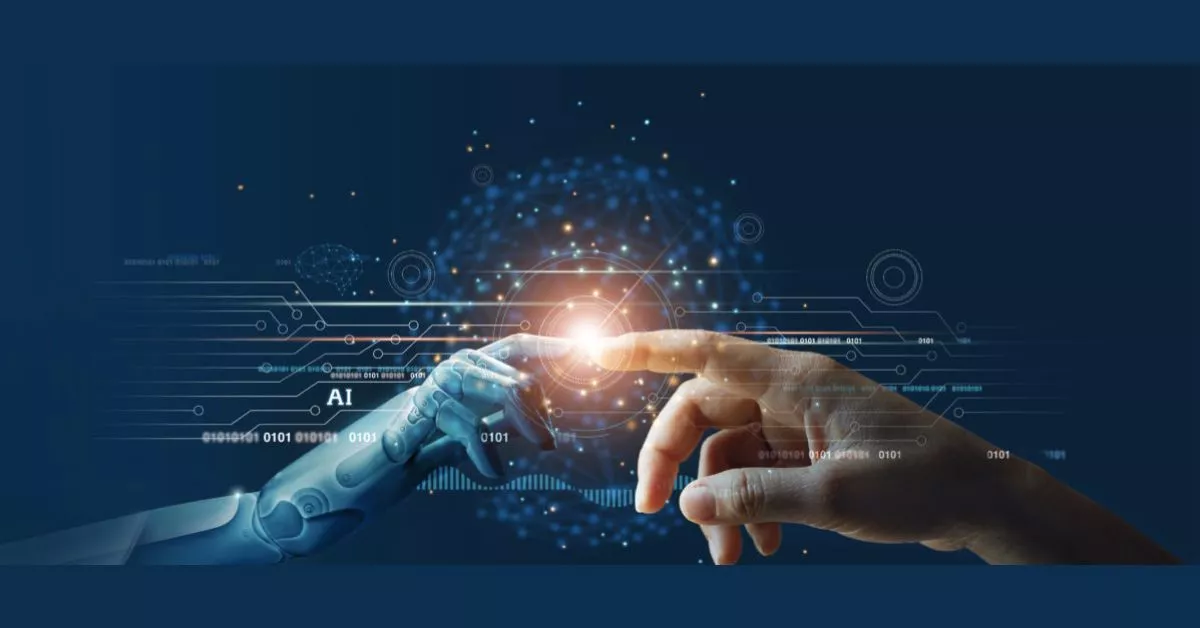In an era defined by data-driven decision-making, the integration of artificial intelligence has revolutionized the way businesses approach digital marketing. AI, with its ability to process vast amounts of data and perform complex tasks with precision, has emerged as a game-changer, offering marketers unprecedented insights, efficiency, and personalization. Let’s delve into the multifaceted impact of AI across various facets of digital marketing.

Personalized Customer Experiences
AI algorithms analyze consumer behavior, preferences, and interactions to create hyper-personalized experiences. Through predictive analytics, AI helps in segmenting audiences effectively, allowing marketers to deliver tailor-made content, product recommendations, and targeted ads. Personalization enhances customer engagement and fosters stronger brand-consumer relationships.
Enhanced Content Creation and Curation
AI-powered tools like natural language generation (NLG) and content optimization platforms assist marketers in creating high-quality, SEO-friendly content. These systems can generate articles, product descriptions, and social media posts, ensuring consistency and relevancy while saving time. AI also aids in content curation by analyzing trends and user engagement metrics to recommend content that resonates with the audience.
Optimized Advertising Campaigns
AI-driven advertising platforms utilize machine learning algorithms to optimize ad campaigns in real-time. These systems analyze data to refine targeting, ad placement, and bidding strategies, maximizing ROI. Dynamic ad creation and A/B testing further enhance campaign performance, ensuring that marketing budgets are allocated efficiently.
Predictive Analytics and Decision-Making
The predictive capabilities of AI empower marketers to forecast trends, customer behavior, and campaign outcomes. By analyzing historical data and patterns, AI models generate actionable insights that guide strategic decision-making. This proactive approach enables marketers to stay ahead of market shifts and adapt their strategies accordingly.
Chatbots and Customer Service Automation
AI-powered chatbots and virtual assistants provide instant, round-the-clock customer support. These bots leverage natural language processing (NLP) to understand and respond to customer queries, resolving issues efficiently. They streamline communication, improve response times, and handle routine tasks, enhancing overall customer satisfaction.
Data Analysis and Marketing Optimization
AI tools process and interpret vast datasets at unparalleled speeds, extracting actionable insights that inform marketing strategies. From social media sentiment analysis to customer journey mapping, AI facilitates a deeper understanding of consumer behavior, enabling marketers to refine campaigns and optimize conversion paths.
Ethical Considerations and Human Oversight
While AI enhances efficiency and accuracy, it’s crucial to maintain ethical standards and human oversight. Transparency in AI decision-making, addressing biases, and ensuring data privacy are paramount. Human intervention remains essential to oversee AI-driven processes, ensuring they align with brand values and ethical guidelines.

Conclusion
The fusion of artificial intelligence with digital marketing has ushered in a new era of innovation and efficiency. By leveraging AI’s capabilities in personalization, content creation, advertising, analytics, and customer service, marketers can unlock a myriad of opportunities to engage and delight their audience.
As AI continues to evolve, its role in digital marketing will expand, enabling businesses to navigate the ever-evolving landscape and forge meaningful connections with their audience in increasingly impactful ways. AI’s integration into digital marketing continues to redefine how brands engage with their audience. If you seek more insights or details on any specific aspect of AI in marketing, feel free to ask!
